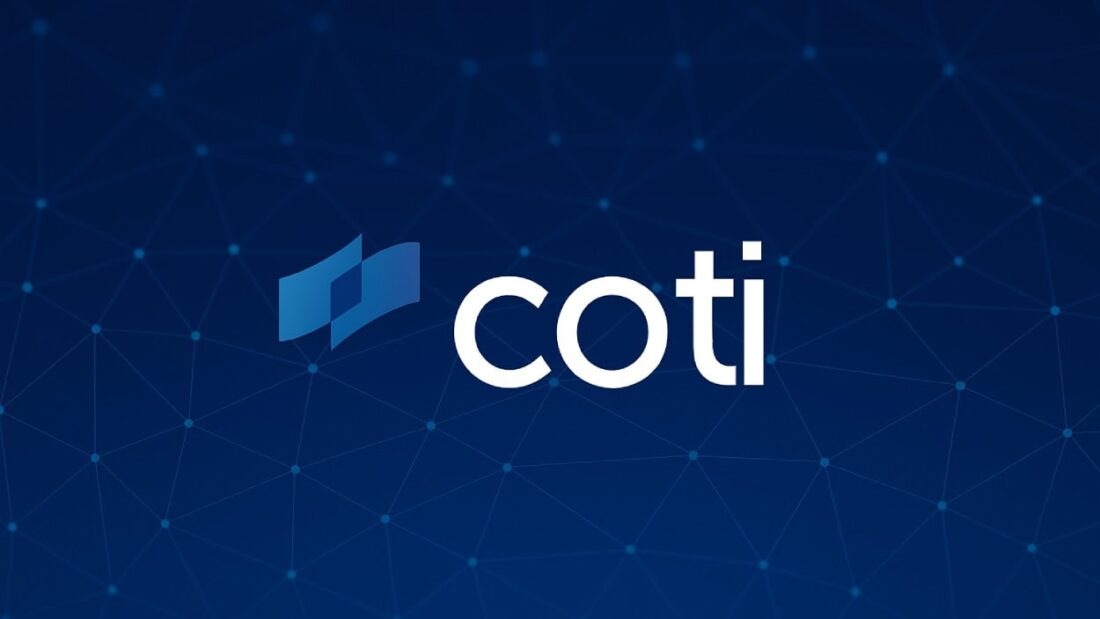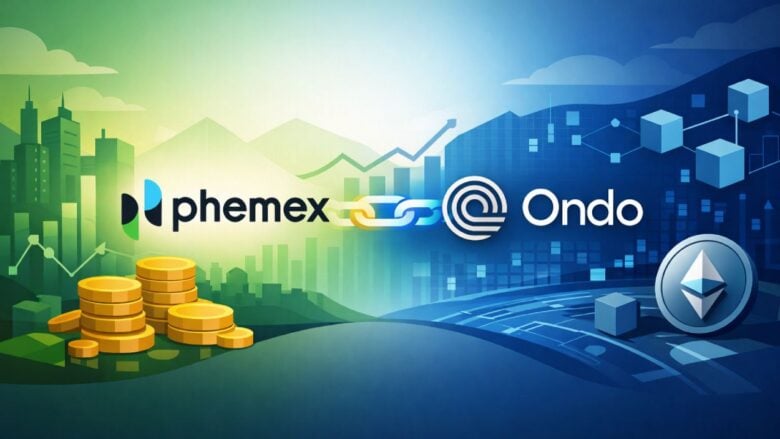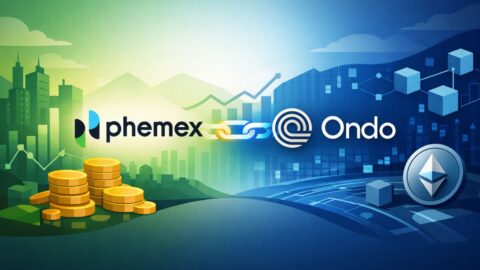COTI has successfully executed its first-ever hard fork, named Hydrogen, bringing powerful upgrades to its network with zero disruption to users.
Key Takeaways
- COTI launched the Hydrogen hard fork on October 19, 2025, enhancing network speed, security and resilience.
- Users and token holders required no action as the update was automatic and backward-compatible.
- Backend improvements were made to the MPC system and gcEVM to support consistent execution and memory safety.
- Hydrogen positions COTI for long-term enterprise adoption, scalability and privacy-first applications.
What Happened?
The COTI Network has completed its Hydrogen hard fork, a milestone that brings security, stability and performance upgrades to the protocol. Designed as a foundational step, the upgrade ran smoothly without requiring intervention from users or node operators, marking a mature and efficient shift in COTI’s technical infrastructure.
TODAY: COTI Mainnet Upgrade goes live, for a faster, stronger, and more resilient network, built for privacy and performance.
— COTI Foundation (@COTInetwork) October 19, 2025
The upgrade will take place at 12:00 PM UTC.
ℹ️ No action required. The upgrade is seamless and all assets remain unaffected.$COTI
🔗… pic.twitter.com/OeUbna1BKM
A Seamless Transition for a Stronger Future
COTI’s Hydrogen hard fork was officially deployed on October 19, 2025, at 12:00 PM UTC, representing the protocol’s first official hard fork. Unlike many blockchain upgrades that come with disruptions or user requirements, Hydrogen was designed to run completely in the background, ensuring uninterrupted services across wallets, nodes and user assets.
The COTI team confirmed that all node operators had already upgraded to the latest release, guaranteeing a seamless transition. With the network upgraded silently and securely, end users experienced no changes in performance or access. This hands-off upgrade was part of a broader commitment to ease of use, long-term maintainability and scalability.
Core Improvements in Security and Execution
Hydrogen delivers several backend improvements, particularly around Multi-Party Computation (MPC) and the global confidential Ethereum Virtual Machine (gcEVM):
- The MPC system received updates in memory handling, file management and cryptographic randomness to better protect sensitive data and improve memory hygiene.
- Memory is now wiped clean after operations, reducing data exposure risks.
- Connection handling was improved for better network behavior during high traffic or concurrency.
- The gcEVM now enforces stricter protocol validation and standardized opcode execution, helping nodes maintain uniform performance across the network.
These technical refinements were guided by an independent audit conducted earlier this year, reflecting COTI’s commitment to transparency and security.
Ready for Enterprise and Ecosystem Growth
Hydrogen is not just a technical enhancement. It is a strategic infrastructure refactor designed to prepare COTI for wider adoption in enterprise environments. The upgrade strengthens the network’s foundation for interoperability, privacy preservation and high-performance deployments, all while leaving the user experience untouched.
By ensuring backward compatibility and keeping all existing services operational, COTI allows developers and users to continue building on the platform without disruption. This makes the network more attractive for enterprise integration and scalable solutions.
In a public statement, the COTI team said: “Hydrogen sets the stage for long-term adoption and reliable enterprise integration.” The update represents the kind of forward-thinking infrastructure improvement that supports serious use cases without grabbing headlines.
CoinLaw’s Takeaway
In my experience, the best network upgrades are the ones users barely notice. That’s exactly what COTI pulled off with Hydrogen. There were no token migrations, no frantic wallet updates and no broken nodes. Instead, there was quiet, deliberate progress. I found the focus on backend improvements, particularly around MPC and execution consistency, a sign that COTI is thinking ahead.


































































